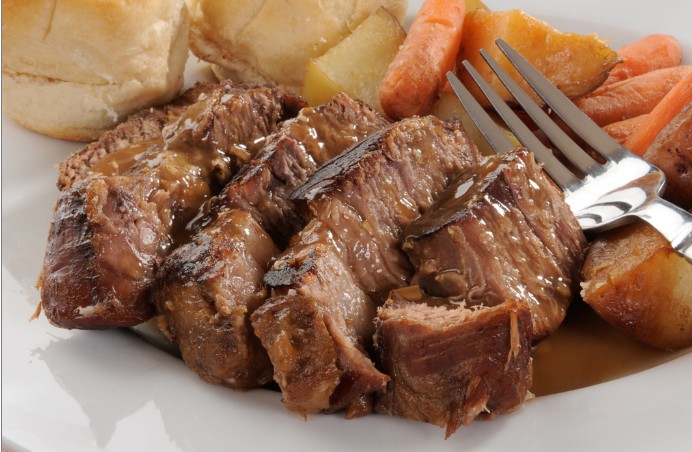A Little That Holds a Lot: Selenium
Found in Brazil nuts, whole grains, pumpkin seeds, and sunflower seeds, garlic, onion, and broccoli. Acts as a powerful antioxidant and supports the thyroid gland. Who are you, mineral selenium?

I want to introduce readers to the mineral 'selenium,' which the body needs in tiny amounts but is indeed 'a little that holds a lot.'
What is selenium? Let me give a few examples of its roles. This mineral has been extensively studied and is found to be one of the strongest antioxidants (preventing the development of strong toxins harmful to health) that exist. It is part of the structure of one of the strongest and most important enzymes called glutathione peroxidase. This enzyme is a powerful antioxidant, vital in our body's defense against various diseases related to oxidative processes such as heart and vascular diseases, arthritis, cataracts, and more. Selenium has the ability to strengthen the immune system against disease-causing viruses. It boosts the activity of white blood cells that encounter viruses invading the body. It enhances the antibodies different infections and thus a low level of it could lead to increased infections in the body. Studies show a link between selenium and a lower incidence of various cancers. The reason is that, as an antioxidant, selenium prevents damage to the genetic material in cells. Additionally, it strengthens the immune system dealing with pre-cancerous cells and prevents the rapid division of cancer cells.

Selenium also plays a role in thyroid gland function. Without selenium, the function of this gland would weaken, leading to hypothyroidism, affecting many systems, hence its broad impact on health. Where can selenium be obtained? In plants, it is found in nuts, particularly Brazil nuts, whole grains, various seeds like pumpkin and sunflower seeds, garlic, onion, broccoli, and more. In animals, selenium is found in beef liver, eggs, fish, and more.
Several factors cause selenium deficiency in the body: A. A diet low in vegetables and fruits, or consuming fruits and vegetables grown in mineral-deficient soil, generally poor food sources. B. Various diseases, mainly gastrointestinal, leading to absorption problems of different food components, including selenium. C. As age increases, the ability to absorb foods decreases, hence selenium levels in the body also drop. D. Smoking produces free radicals (toxins), which are oxidative process byproducts. To neutralize them, the body uses antioxidants like selenium and its counterparts. Consequently, instead of addressing selenium's primary purposes, the body will deal with smoking damages. In light of this, there are situations where we cannot rely on food, and we will need to consume selenium as a dietary supplement.
Eliyahu Schechter is an iridologist and natural therapist

